Foster carers are needed from all ethnic, cultural, and religious communities to meet the needs of vulnerable looked after children. Fostering services will want to match children with carers who can meet their needs. Placing them with foster carers who share their cultural heritage, ethnicity, and religion, can support positive self-identity and help children thrive.
Below is some additional information about the assessment process that may be helpful. You can also contact us at Fosterline if you need further information and advice.
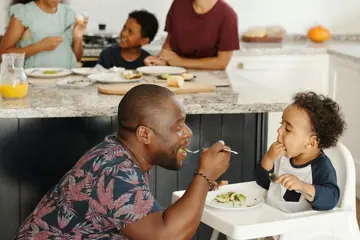
You do not need to be a British Citizen but you must have the legal right to reside and work in the UK.
A DBS (a police check for any previous offences) is required at stage 1 of the assessment process for all foster carers in the UK. If you were born outside of the UK, the fostering service will also discuss with you if and how they will contact any other country for this information, and gain your consent before doing so. There are a small number of specific offences that automatically prevent someone from fostering. All other offences will be assessed taking into account the circumstances and any risks/impact on the fostering role.
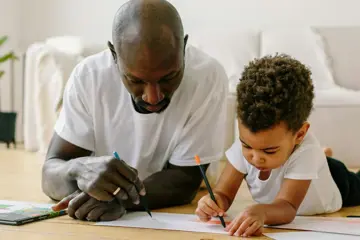
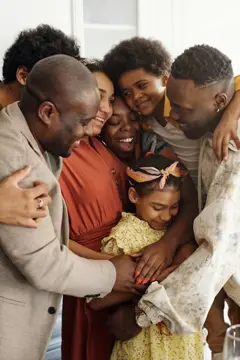
20%
In 2020-2021, 20% of all newly approved foster carers were from ethnic minority backgrounds
All prospective foster carers are required to have a medical as part of stage 1 of the assessment process. We have further advice and information for those looking to foster with a health condition or disability here.
Religious belief is not a barrier to becoming a foster carer. The assessment will explore with you if there are implications for any child placed.
English does not need to be your first language, however a level of spoken and written English will be needed to support the child’s education, communicate with professionals, and keep records. The fostering service may be able to provide additional help with this.
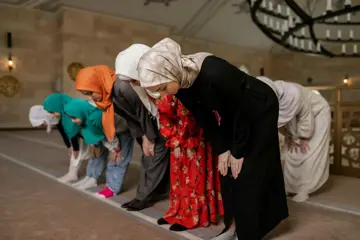
You do not need to own your home but will need the consent of a private landlord. Multi-generational households (families living with relatives) can apply to foster, and may provide a supportive experience for a vulnerable child. All household members will be included with in the assessment process. Anyone over the age of 18 will have DBS checks undertaken with their consent. A foster child is likely to need their own bedroom.
If you would like to learn more about fostering families, we have more advice and information here. If you are wanting to foster a child known to you from within your extended family or community, there is information about kinship care arrangements here.
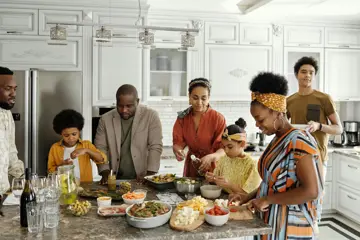

10,680
In March 2022, there were 10,680 approved foster carer households from ethnic minority groups
The assessment will require information about household finances to demonstrate there will be stability for any child placed. You can check with the fostering service what details they will require. The fostering service will also provide details of the allowance you will receive to care for a child and any fee or reward payments available. We have further information on finances, including on allowances, tax, and self-employment, here.
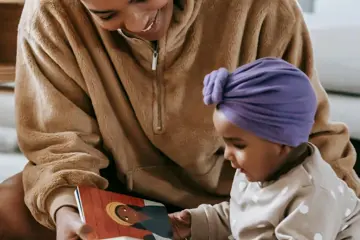
The process of assessment can feel intrusive but strict privacy and data protection rules will apply. Applicants can ask fostering services to confirm how any information is recorded shared and stored if there are any concerns about this.
The assessment is a robust process but all applicants should be treated fairly and respectfully by fostering services. If you have concerns you can make a complaint using the complaints procedure, and/or contact Fosterline for further advice.



